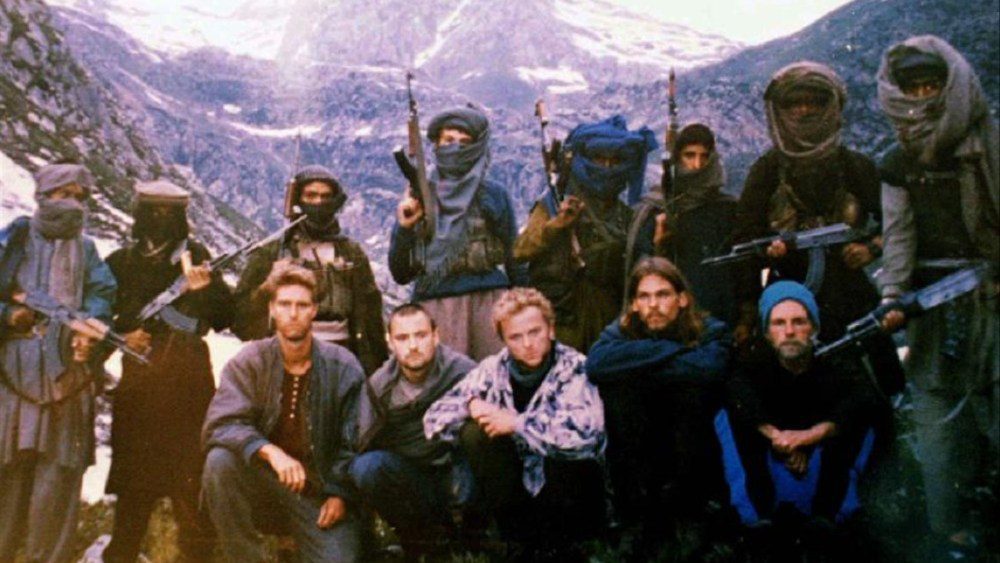‘The Golden Swan’: A Deep Dive into Loss and Understanding
Directed by Anette Ostrø, this poignant documentary explores the harrowing story of Hans Christian, a victim of terrorism, through personal artifacts and reflections.
Background and Development of the Film
‘The Golden Swan,’ Ostrø’s debut film, draws heavily from the life and tragic fate of her brother Hans Christian, who was murdered in Kashmir in 1995. Hans Christian, along with other international tourists, faced accusations from a terrorist organization during their travels. After five weeks as a hostage, his beheaded body was discovered, while one other hostage managed to escape, and the remaining four were never found.
The film incorporates various forms of media, including family photos, home videos, and news reports, bringing depth to the narrative. Significant footage also showcases Hans Christian during his dance courses in Kerala, adding personal dimensions to the story.
Personal Artifacts and Reflections
A central theme of ‘The Golden Swan’ is Hans Christian’s extensive writings—letters, diaries, and poems—many of which were found with his remains. These writings offer insight into his mindset and resilience during captivity.
“We wrote letters to each other when he was in Kerala, and even when he was captured in the mountains, I kept writing letters to him. The film starts with his dream of him coming back alive. It’s a dialogue between me and him,” said Ostrø.
Through these letters, Ostrø reveals her brother’s attempts to escape and his experiences during captivity, including participating in hunger strikes as a form of protest. This personal lens allows viewers to connect with the emotional journey facilitated by Ostrø’s “artistic visualization” of his surroundings in both India and Norway.
The Journey from Anger to Peace
Ostrø emphasizes the transformative journey from hatred to reconciliation that her brother undertook, despite the extreme circumstances he faced. She articulates his struggle: his anger at being deprived of freedom and the constant threat of death. Yet, ultimately, he chose a path of peace.
“To choose reconciliation over hatred – that’s why I make this film. The world is very biased today. But we need dialogue. It’s not necessarily forgiveness, but a reconciliation where we can see the shared humanity,” Ostrø explained.
Production and Future Releases
The film, co-produced by Beaza Hofseth of Fri Film and Helle Faber of Made in Copenhagen, aims for a release in late 2025 or early 2026. “The Golden Swan” has garnered support from various funding organizations, reflecting its potential impact within the documentary sector.
In conjunction with other notable projects showcased at the recent Norwegian event, ‘The Golden Swan’ highlights the continuing success of Norwegian documentary filmmaking, building on previous international recognition received by titles like ‘No Other Land’ and ‘Facing War.’


